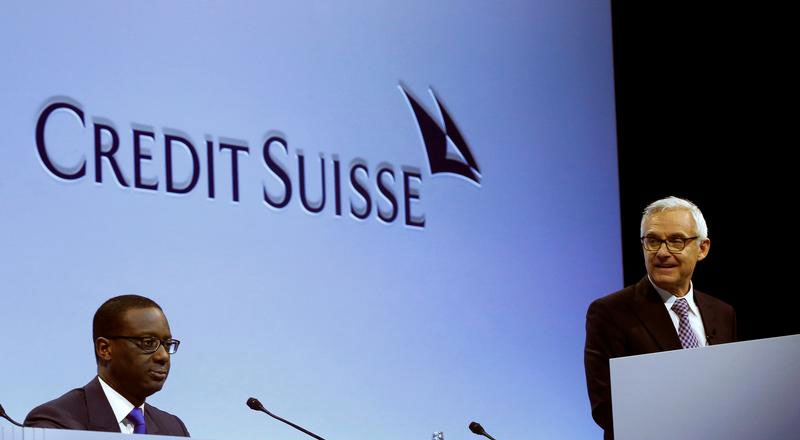- Switzerland’s parliament failed to approve the 109 billion Swiss francs of financial guarantees used to rescue Credit Suisse last month.
- Lower house voted against the rescue, the upper house in favour.
- Frustration in Switzerland over use of state funds.
- Lawmakers have protested, but cannot overturn the deal.
Switzerland’s parliament failed to approve the 109 billion Swiss francs of financial guarantees used to rescue Credit Suisse last month, in a first-round vote that was largely symbolic given the state had committed the funds.
The lower house retrospectively rejected the rescue near midnight, with heated debates continuing into the early hours of Wednesday morning as members discussed other measures related to Credit Suisse. Earlier, Switzerland’s upper house had approved the rescue, meaning the two chambers of the legislative body will vote again.
Lawmakers were recalled for a rare extraordinary session to discuss the rapid rescue of Credit Suisse and the Swiss government’s open chequebook response to a collapse that many in the country have blamed on top management.
While earlier in the day, 29 of Switzerland’s 46-member Council of States upper house approved the measure, it was later rejected with 102 of the 200-Member National Council voting against it. The votes are, however, largely symbolic because the state committed the funds and lawmakers cannot overturn that decision.
In the lead-up to the merger last month, Swiss emergency law was used so that a sub-group of six members of parliament approved the financial commitment on behalf of the legislative body, to the anger of the almost 250 lawmakers left without a say. Calling the situation where the legislative body can only approve the already committed credits “unsatisfactory”, Knecht said if Credit Suisse was to require more cash, there should be no use of emergency law to bypass parliament.
Switzerland’s finance minister had addressed the Council of States before the vote and acknowledged the ire being voiced. She also agreed there was a need to have a discussion around the kind of financial centre Switzerland wanted to be and whether it wanted to continue playing in the top league globally.
A poll of Swiss economists found that nearly half thought the takeover of Credit Suisse by UBS was not the best solution, warning the saga had dented Switzerland’s reputation. Politicians also questioned why the Swiss financial regulator was unable to prevent Credit Suisse’s failure.
There are also growing worries about jobs and in an open letter to parliament, the Swiss Bank Employees’ Association said that Credit Suisse and UBS must freeze any cuts.
Last week, Switzerland announced it was cutting bonus payments for Credit Suisse’s top management. “We demand a thorough investigation into how the Credit Suisse crisis could have come about,” Thierry Burkart, leader of the centre-right FDP party, told Swiss newspaper Tages-Anzeiger.
Credit Suisse’s bailout angered not only politicians but many in Switzerland. A survey by political research firm gfs. Bern found a majority of Swiss did not support the deal. The Swiss people are also worried about upcoming job cuts.
(With inputs from agency)





